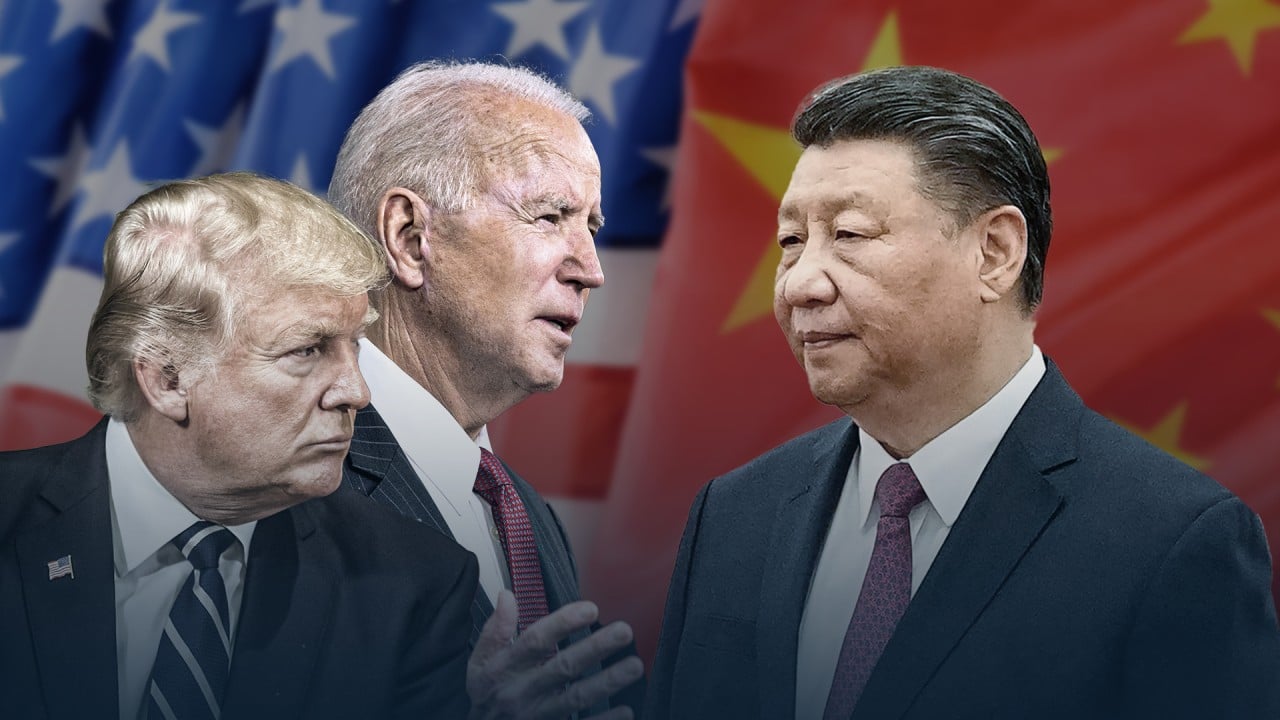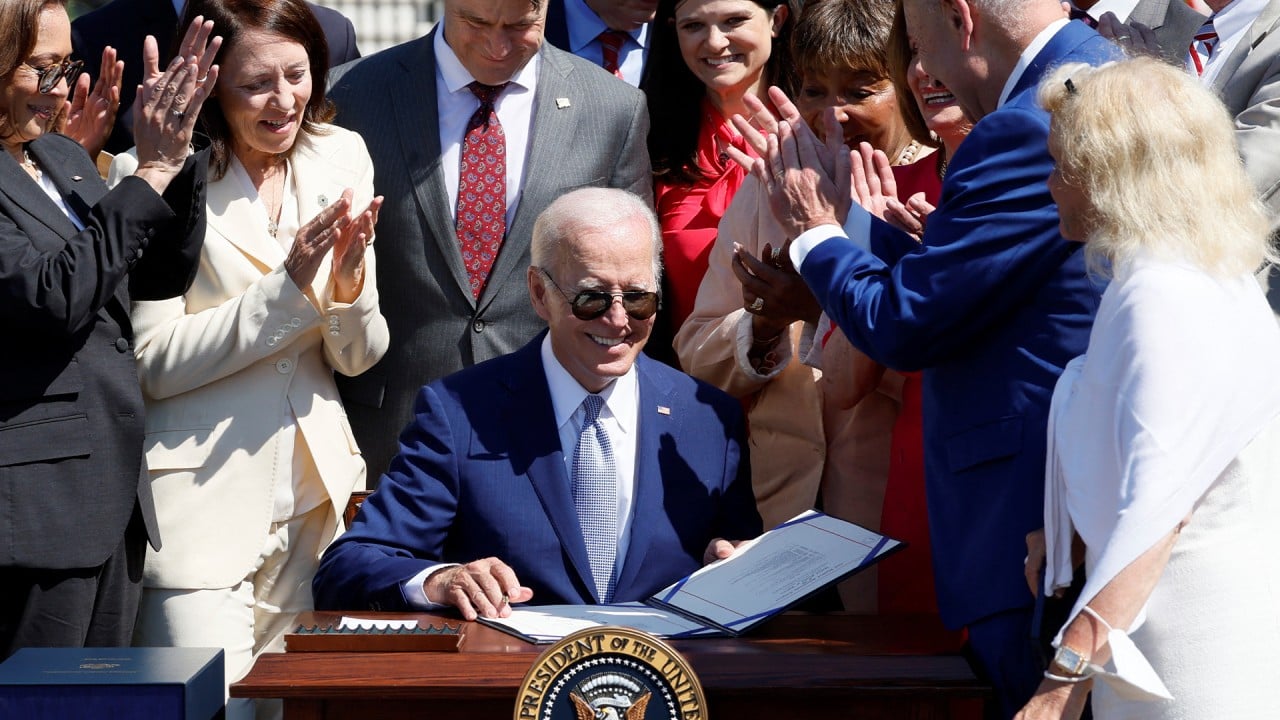
Dutch foreign minister heads to China but little prospect of chip-ban breakthrough
- The Netherlands has restricted exports to China of its advanced chip equipment and that is unlikely to change soon, observers say
- Beijing is trying to win over European partners as US policy becomes more hostile: analyst
The ban is expected to dominate discussions this week when Dutch Foreign Minister Wopke Hoekstra visits Beijing for talks with his Chinese counterpart, Qin Gang.
Hoekstra is the latest in a flurry of European politicians to visit China over the past few months since China dropped its strict pandemic rules.
His two-day trip also follows a series of high-level exchanges between the two countries over the past week.
The trips come as Beijing wrestles with Washington across a range of fronts, including technology, and seen by many analysts to be trying to drive a wedge between the United States and Europe.
Shi Yinhong, an international relations professor at Renmin University, said China’s invitation to Hoekstra showed that China hoped to win over Europe as US policy towards China became more hostile.
But he did not expect the Netherlands or China would make concessions on major contentious issues, especially those related to national interests.
“It is impossible for [the Netherlands] to change [its approach] on hi-tech decoupling,” he said.
“The Netherlands will basically abide by the Western position against China’s so-called economic coercion.
“I personally do not see [Hoekstra’s trip] as a chance that would lead to significant and lasting improvement [in relations between China and the Netherlands].”
The decision by the Dutch prompted a strong protest from China, with its ambassador warning of “consequences”.
The ban is part of Washington’s broader efforts to curb China’s hi-tech development, a message that was driven home at the Group of Seven summit in Japan over the weekend.
During the summit, the leaders presented a unified response against China’s economic practices, pledging to “de-risk” their relations with China and reduce dependency on China in critical supply chains.
Noah Barkin, an EU-China relations expert at the Rhodium Group, said China would use its meetings with Hoekstra to press for “assurances” that the planned export controls would not be expanded.
But it was unclear whether the Netherlands “will be able to provide any guarantees”, he said.
“We are at the beginning of a de-risking cycle in which Europe will be setting new red lines on technology transfers. It is very likely that more is in the pipeline,” Barkin said.
The Netherlands is China’s second-largest trade partner in the EU. It received the most Chinese investment among European countries in 2021 despite Chinese investments to the continent having been on a multi-year downward track, according to Rhodium Group data.
However, in April the Dutch intelligence service accused Beijing of using both legitimate investments and academic cooperation as well as “illegal [digital] espionage” to target Dutch companies and institutions, calling it the “greatest threat” to the country’s “economic security”.
The Netherlands tightened its foreign investment screening on sensitive and hi-tech technologies last year, following the EU’s stricter screening measures in its strategic sectors in 2020.
The Dutch government also signalled in December that it could intervene in Chinese tech firm Wingtech’s takeover of Dutch chips company Nowi on national security grounds.

 - Kawala Xie.jpg?itok=NogZcyZ-&v=1661304068)

